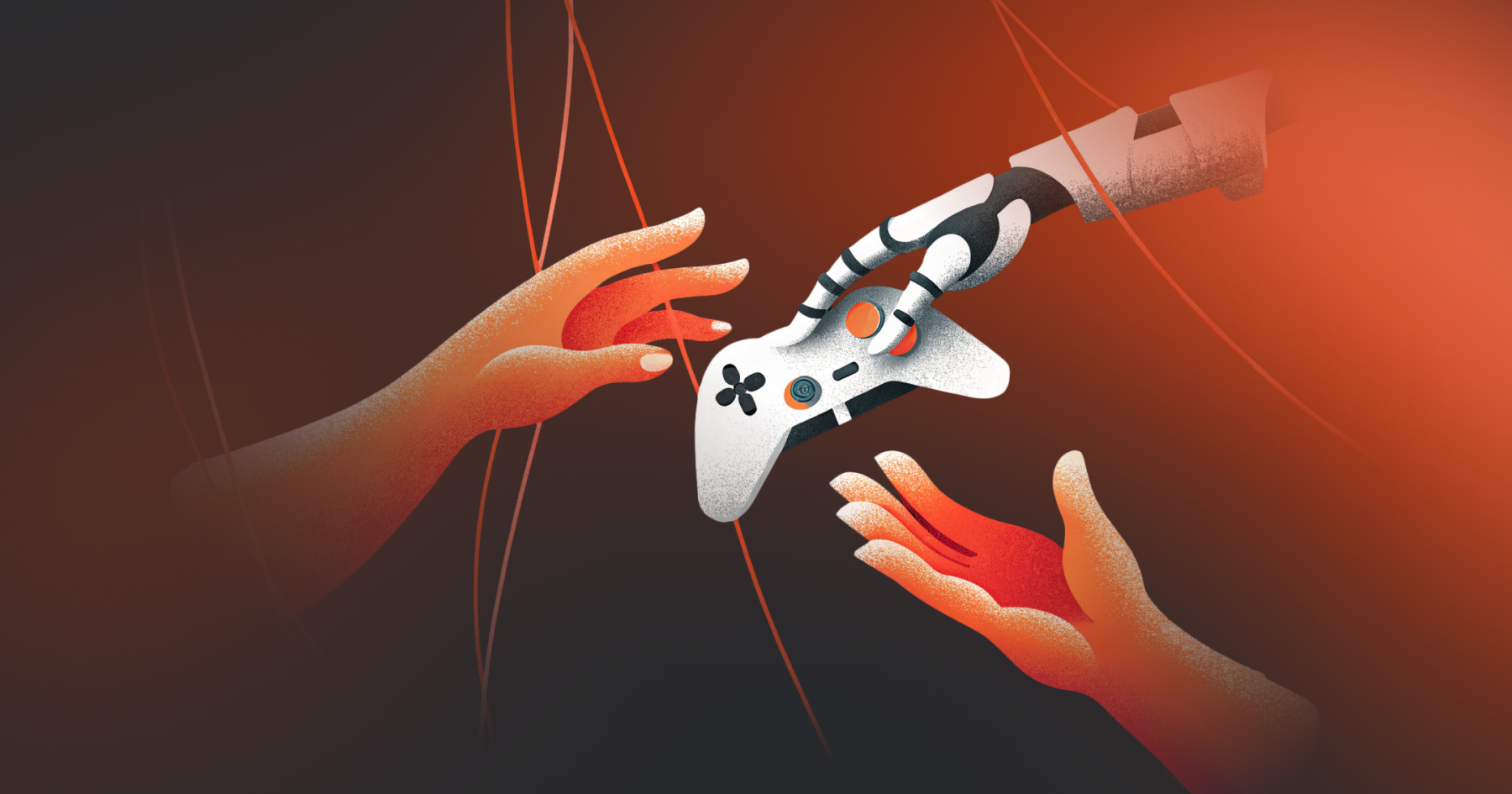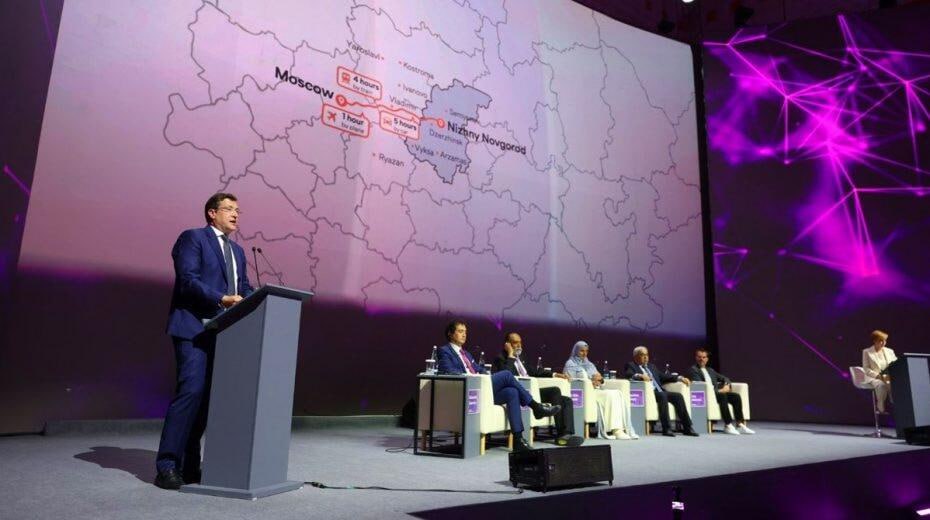Despite global turbulence in recent years, the Russian gaming industry continues to show resilience and strong growth potential. According to market research, its current value stands at 177 billion rubles, with mobile games and PC/console projects remaining the main growth drivers.
The ecosystem is shaped by major game developing and publishing companies Astrum Entertainment, Innova, and the VK Play platform which brings together cloud gaming, gaming media, a game store, streaming services, and tournament hosting; as well as the Institute for Internet Development, sector associations, such as APRIORI, Skolkovo and Rostelecom foundations.
With the departure of Western platforms, local companies have been actively developing alternative solutions and strengthening partnerships across Asia.
Market developments gave life to numerous indie-projects that showcase steady growth of interest in the gaming industry, which was largely made possible thanks to governmental and institutional support. Tax incentives (such as VAT reduction to 3%) have been in effect since 2021; the Institute for Internet Development allocates grants to promising projects.
However, unlike South Korea or China – where the main emphasis is placed on infrastructure (e.g., e-sports arenas, cloud services), – Russia’s support measures still rely heavily on direct financial incentives. The range of current game industry support measures is available in the recent research by APRIORI, the Institute for Internet Development, and EBR Law Firm.
Russian game development is known for its strong schools of programming and animation, as well as original storytelling approaches. A case in point is Atomic Heart, which successfully blended Soviet retro-futuristic aesthetic with global horror and action mechanics, and attracted over 5 million players in the first month after the release. Another standout title, Warface, has remained a popular shooter game for over 13 years.
Global Challenges: Key Topics to Discuss
The upcoming session “Gaming Industry: Challenges and Best Practices for Entering New Markets” at the Global Digital Forum will give experts an opportunity to discuss strategies Russian companies can use to navigate the shifting industry landscape.
Balancing Global and Local Identities. The speakers will analyze the success of Black Myth: Wukong and Atomic Heart, where cultural codes became a competitive edge rather than a barrier, and discuss the ways to avoid the so-called “globalization paradox” when the game loses its uniqueness in pursuit of universality.
The discussion will also explore localization which goes beyond translation to narration as such, incorporating the values of target regions – from the Middle East to Southeast Asia.
Russia’s grant-based system and Asian strategies building on cloud technologies and e-sports ecosystems will be compared. Experts will also touch upon cross-platform solutions and cloud gaming, and reflect on the implementation of these technologies in Asia.
The discussion will bring together representatives from APRIORI, the Skolkovo Foundation, and international experts from China and South Korea. The speakers will share the best practices of integration and discuss the role of associations in the gaming industry. The discussion will mark the beginning of a “Digital Silk Road” that will help Russian developers and Eastern experts share their experience.
The session will become a platform for dialogue that will determine whether the Russian gaming industry will be able not only to adapt to new realities, but also to strengthen its position in the global industry, which amounts to around $200 billion in 2025. Join the conversation on June 6 at the Global Digital Forum!




